MAX FERTIK ’19
CONTRIBUTING WRITER
I sat down with Hannah Ho in The Underground Coffeehouse the other day next to her boyfriend (plugged into his laptop) and several caffeine-fueled Bantams furiously typing away nearby. Ho was wearing a lopsided ponytail that gravity had gotten the best of and a pair of heavily weathered combat boots to go along with her unique, flannel, hipster outfit. An aura of genuine attention glowed from her as soon as I began to speak and she brought her undivided self to the conversation with a clap of her MacBook.
Ho was one of the first people that I met on move-in day and is an individual who genuinely intrigues me. To provide a little bit of background, our artist of the week was born to a young couple in Boston who, by most, would be considered followers of the “hippy” culture of the ‘60s era. Her biological father was a musician who followed John Lennon and Bob Dylan religiously (in fact, Hannah was originally named “Daisy Lennon”), and her mother became a high school English professor, which she remains to this day. The young couple had to give her up for adoption, but fortunately the infant joined a pleasant Chinese family who brought her up and gave her the Asian last name that she sports today. Ho has reconnected with her biological mother in person,
and in middle school, she discovered a deeper connection through a binder that she received, which contained many of her mother’s teenage poems.
As an artist, this rare intimate relationship with her mother’s past is invaluable to her experience with her own art, acting as a time machine of inspiration in which she can find parallels and creative aid. It also allowed Ho to feel the raw thoughts of her adolescent mother, and it commanded her as a middle-schooler to further pursue art. Now that Ho is at the same age as her mother when she wrote her poems, this seemingly magical binder has grown in inspirational value.
“I cannot write sonnets,” Ho tells me, wide-eyed. “I’d rather challenge the idea of structure through free-verse.” Such immediate use of technical phrasing gives you an idea of who Ho is as a person and as a poet. To Ho, not only is poetry a passion, but it is a tool for everyday stress relief. Even the tiniest fragments of nature, such as a bird flying overhead or the wind rustling through the trees, can set off the creative spark in Ho, as she notes that the world around her is where she finds the most inspiration. She enjoys poetry because it involves much more emotion than prose. In the process of mastering tone and imagery, she likes to imitate the pleasurable aspects of music and apply them to her poetry. Not only do words create meaning on secondary and tertiary levels, but the rhythm of poetry evokes an almost musical feeling. It is difficult to understand her work without reading it, but through the passionate free verse, coupled with ideas of music and nature, one can get a good sense.
“It is an incredible feeling to create something aesthetically pleasing,” she says. “To be an artist is to be mouthpiece for ideas that aren’t easily conjured.” Art demands to be created, according to Ho, and it must not only resonate with an audience, but also be open to interpretation. For the listener, reader, or viewer of the art to respond to the piece is one of the greatest pleasures an artist can receive.
In the past, open mics have been an enormously useful outlet for Ho to display her poetry. Not only do open mics incorporate the performance element of the art, but they give the artist an opportunity to directly interact with her audience. Many types of artists are restricted by an invisible barrier between the creator and the receiver, but through slam poetry and spoken verse, one can immediately receive feedback from the audience, even if that feedback is silence.
Here at Trinity, Ho is already deeply involved in the arts. With Guided Studies as her first year program, she is deeply immersed in an interdisciplinary humanities education, but plans on pursuing an interest in art history as well. Outside of classes, one might find Hannah at The Mill, The Fred, or even Dead Poets Society Club where original and classical poems are shared weekly.
As any artist knows, there are many struggles that come along with creativity. After all, struggle and lack of inspiration are two key aspects of creativity. But for Ho, one who feels commanded to write, inspiration does not always come when it is wanted most. The writer calls inspiration an “impermanent thing:” sometimes it comes in droves and it pours into the mind without warning, but sometimes there is nothing. It makes the artist feel uncreative at times, but through action, more inspiration comes and she can move on.
“I hope to bring an awareness to Trinity, to get people excited about what makes them uncomfortable,” Ho remarks. In a school full of Vineyard Vines models and Political Science majors, we laugh that this may be a challenge. But seeing an Econ major step out of his or her comfort zone would definitely make Ho smile. She sees the world in a unique way, but still remains humble and grounded. Through Sylvan Esso records and Asian tea, she finds her peace, and in her poetry and occasional henna patterns, one can get a glimpse of Ho’s worldview. Being a writer by trade would be ideal, Ho notes, but realistically, becoming an English teacher is something she sees in her future. Expect to see Hannah Ho doing great things here on campus, bringing the world new beauty through expression.
Wednesday, September 18 2024
The Student Newspaper at Trinity College in Hartford, Connecticut
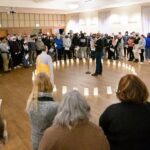
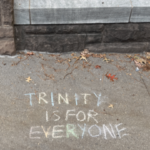
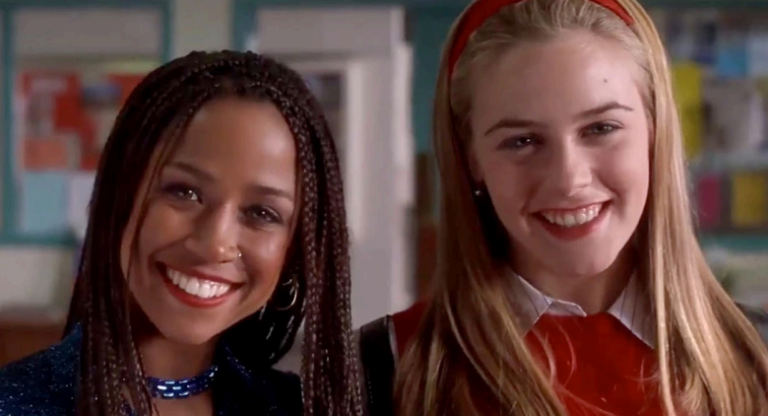
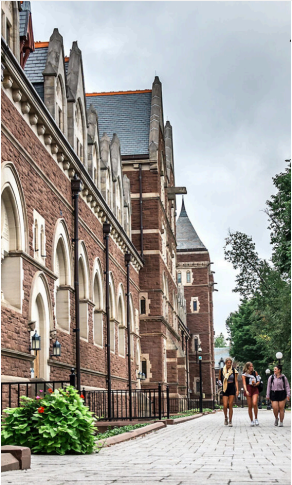
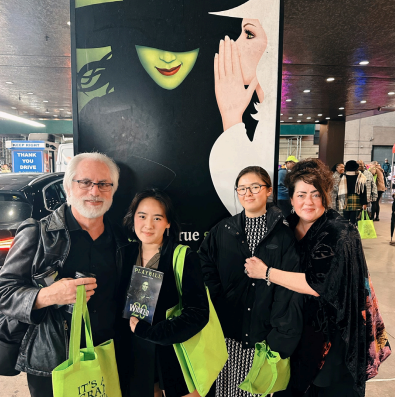
+ There are no comments
Add yours